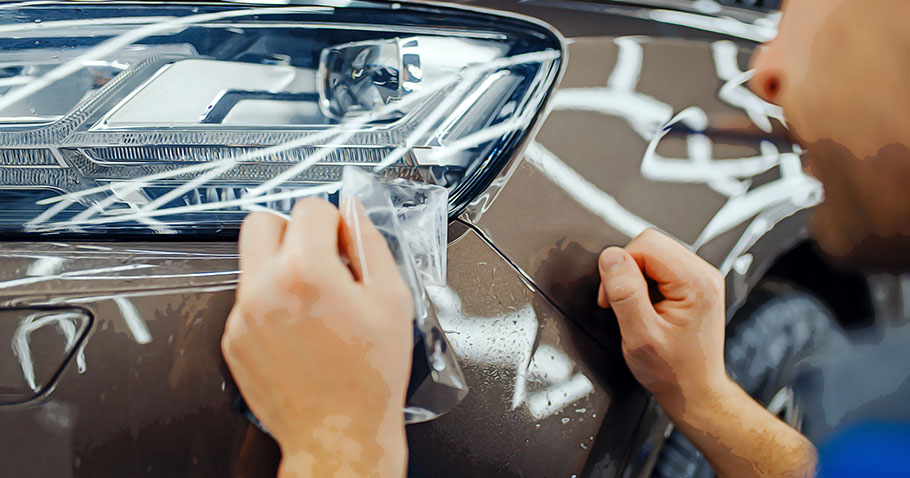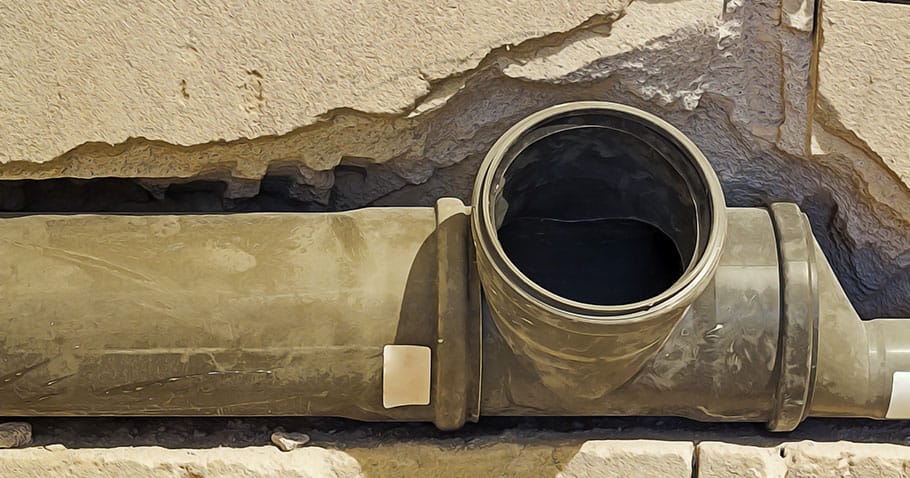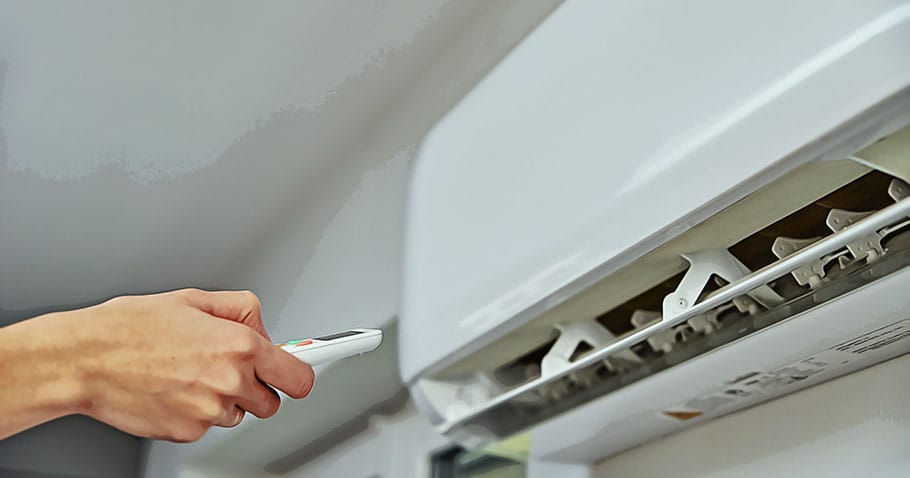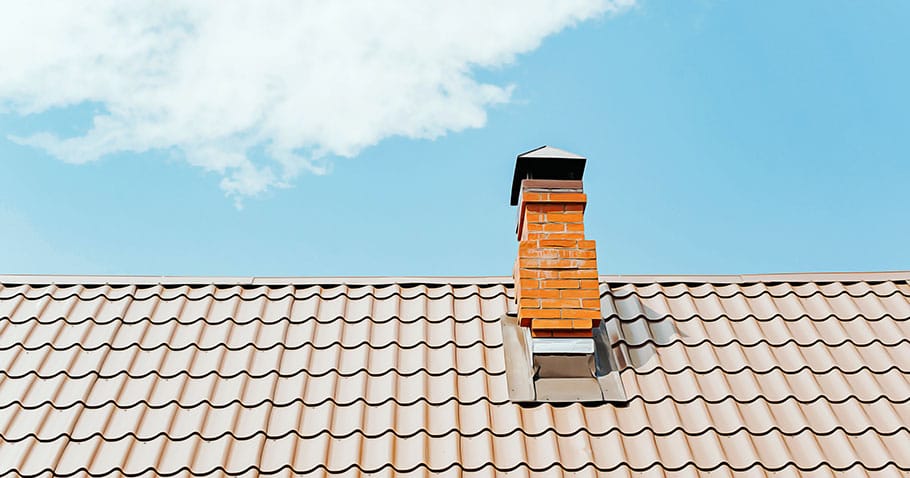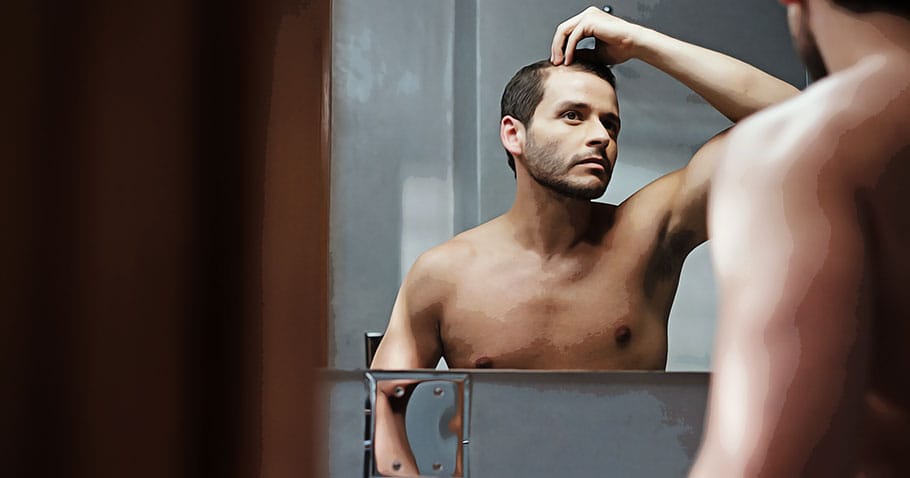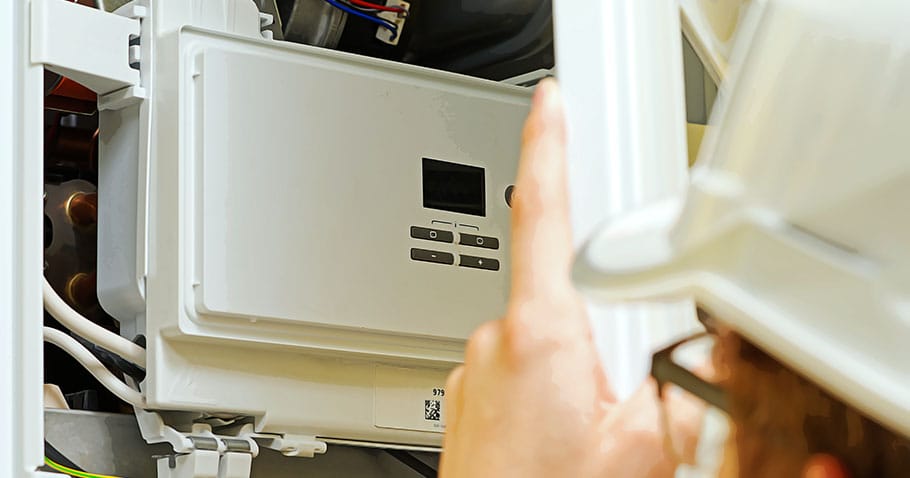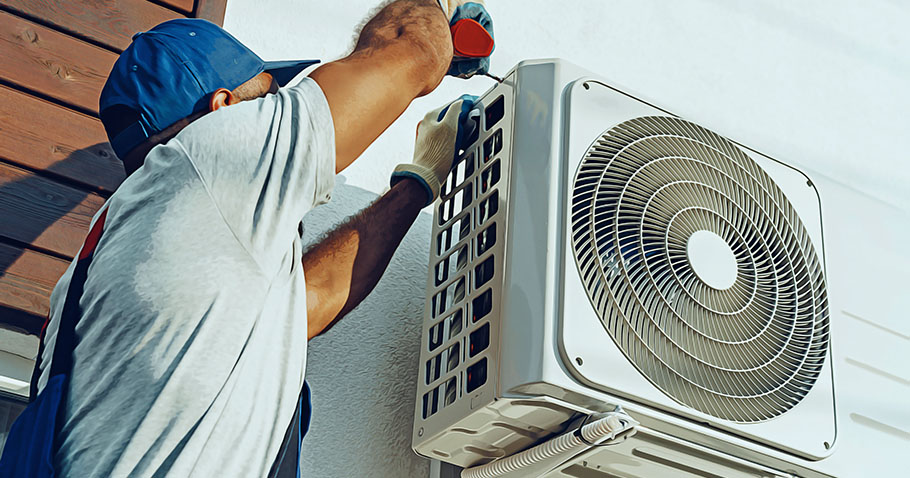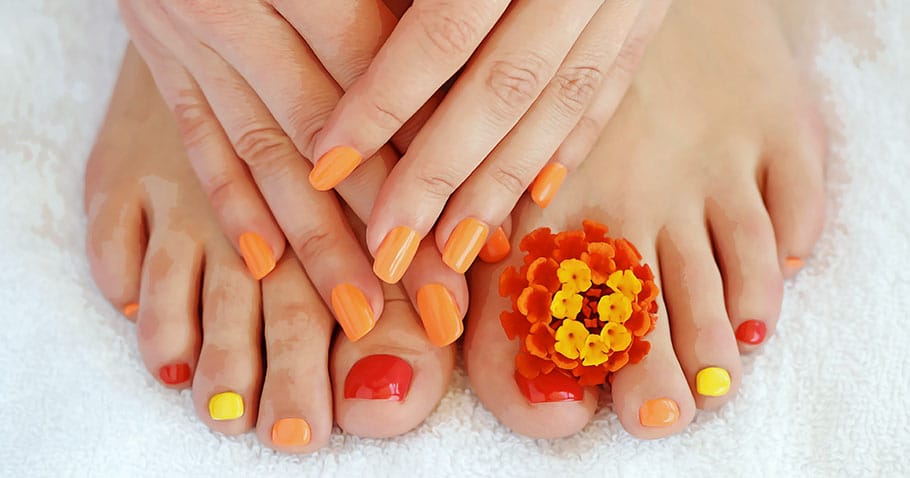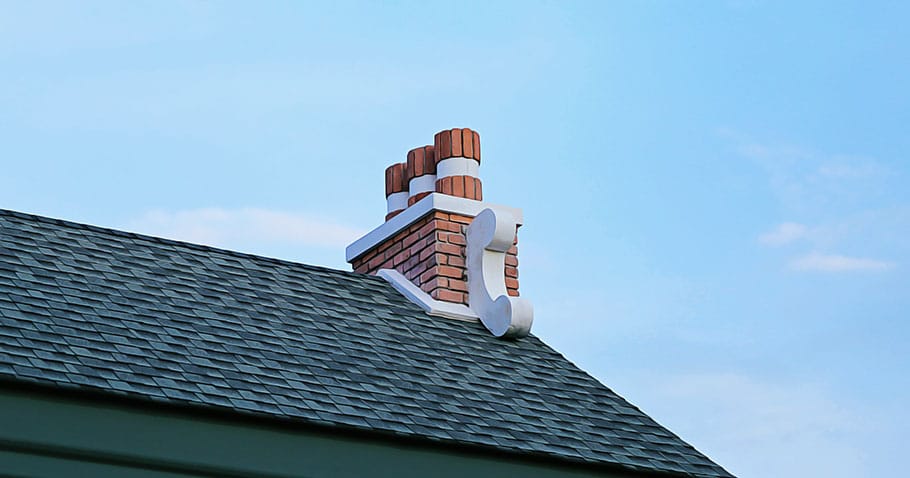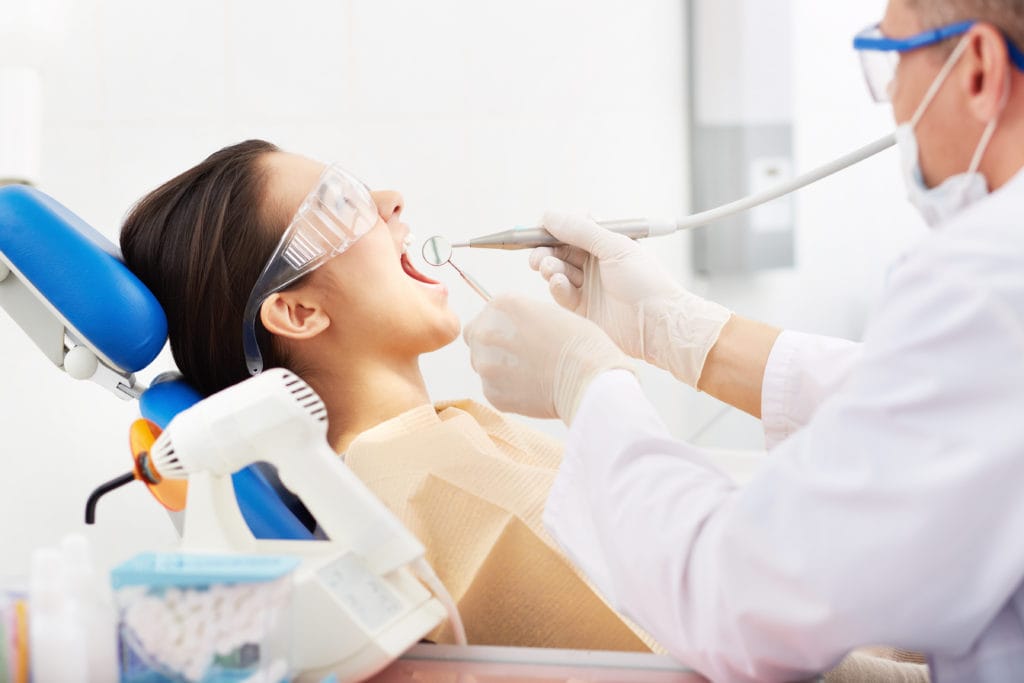Symptoms, Causes, And Treatments For Urticaria
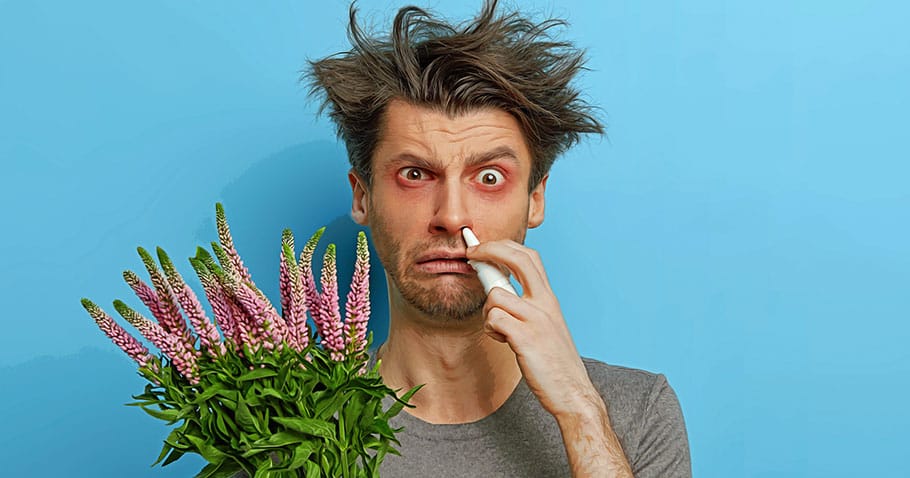
Allergies are common to occur, but hives or urticaria is on a whole other level. It can be hard to deal with hives, which is why it’s important to know when to visit an allergy center and how they can be treated. Here is everything you need to know about urticaria and how it can be diagnosed and, ultimately, treated.
Urticaria
Urticaria is also known as hives. Hives are basically raised and red bumps on the skin, which are the result of an allergic reaction. They can either be round or random in shape, but the main distinguishing factors are that they are red, raised and they itch a lot. Hives can also be surrounded by small red dots here and there on the skin.
Hives can generally occur anywhere, but the main target areas may be the face, hands, neck, body, chest, and legs. Any place where an allergen has come in contact with the skin can lead to the formation of hives. The itching is unbearable at most times and some people can even bleed from the wounds, by scratching it too much.
Clothes can also make the hives worse because tight clothes can rub against the welts and it can feel extremely uncomfortable. Hives can go away after some time. Usually, the itchiness goes away after a day or so, and the rash itself heals in a couple of days to a week. There are two types of urticaria, and they are:
- Acute Urticaria: where the rashes diminish after a couple of months or 6 weeks.
- Chronic Urticaria: where the rashes come and go and they never really settle until you get proper treatment.
Causes Of Urticaria
Here are the causes of urticaria:
- Urticaria can be caused by an allergen which has affected the immune system and now your body is trying to fight off the foreign bodies that have invaded your bloodstream.
- Pollen is a huge culprit in causing hives. You can break out around the face and the itching is relentless. Hives are also caused by exposure to hay. Hay causes an allergic reaction called hay fever and one of the main symptoms of this reaction is breaking out of hives all over the skin. This might not necessarily be localized just on the face. It can travel down to your neck and the rest of your body.
- Another major cause of hives can be a food that you’re allergic to. Foods have certain compounds in them that our bodies cannot break down if we have a sensitivity to them. This can cause your immune system to crash and the symptoms will show in the form of red and itchy patches all over the skin. Get tested and never eat those foods you’re allergic to.
- Lastly, urticaria can also be caused by a reaction to a new medication or treatment. You can be allergic to certain medicines too and this is why you need to be checked for medicine allergies before you get any new medicine prescribed to you, because this can also lead to breaking out of hives all over the body.
Symptoms Of Urticaria
Here are the symptoms of urticaria that you need to look out for. Go to an allergist Germantown if you have these symptoms.
- Your skin will be covered in patches that are red in color.
- The patches won’t be flat. They will be raised and some patches might hurt as well.
- Your skin will itch a lot especially where it was in contact with the allergen or trigger. This might lead to an increase in the redness of the patches because if you keep scratching them, the blood will build up in that area.
- The area around the welts and patches and the patches, themselves, will feel warm to the touch. This is because all of the blood has circulated to this location.
- If you press down on a welt hard enough, it will turn white. This is called blanching and it is a foolproof way to determine whether the rashes you have are hives or not. Only raised rashes will blanch when you press on them. Normal rashes are typically not raised and they don’t change color either when a certain pressure is applied.
- These rashes will not be filled with anything. These rashes are not infectious. However, if your skin has bled after scratching the rashes too much, then you need to look out for pus pockets because that exposure might have caused an infection in your rashes.
- Keep the time in mind. Usually, hives will go away after 24 hours or so, but you need to keep a close eye on them. If it doesn’t and all other symptoms are the same, then you might have chronic urticaria.
Treatment For Urticaria
Here are some treatment options for urticaria:
Antihistamines
Antihistamines work like magic for hives. They don’t only get rid of the swelling, but they reduce the itchiness to a great extent. You can get them over the counter or your doctor can prescribe them for you. There are also antihistamines in certain creams, which can be applied to the welts, in order to soothe them.
Steroids Prescribed By A Doctor
For instant relief, your doctor may prescribe you steroids. These are either oral medicines or they can also come in the form of creams. You can take these steroids and the results will kick in almost right away. You will feel a lot better after the first dose.
Keep in mind, however, that steroids are not always good for you and they are prescribed and administered, to give relief, so that the doctor can work on a more suitable and permanent treatment plan.
Immunotherapy
If allergies are the reason for your hives, then your doctor might suggest immunotherapy or allergy shots. These things may take some time to get used to, but it will treat the root of the problem and if the allergy is treated, you won’t have to deal with hives ever again. Discuss this with your doctor and see if allergy shots are the way to go or not.
Taking Precautions
Hives are caused by triggers or allergens, so one way to prevent them from occurring is to avoid the trigger at all costs. If pollen is the trigger, then wear a mask and long-sleeved shirts, and skin-covering pants, when you go outside. Take care of your personal hygiene, because that is half the problem and you will feel a huge difference in no time.
Antiseptic Creams
Antiseptic creams and solutions are also used to treat the hives topically. You can use the solutions to have a bath, if you have rashes all over your body or you can apply creams on the rashes, to ensure that they stay clean and there are no infections in the welts.
Antiseptic creams and solutions are used in combination with antihistamines and steroids and all of these things, together, will give you relief.
Conclusion
There you have it! Now that you know the telltale signs of urticaria, you can act quickly and prevent it from getting worse. Remember that prevention and action at the right time can make all of the difference, so keep a close eye out for the symptoms, so that you go to an allergy specialist Manassas on time who can treat it accordingly.




